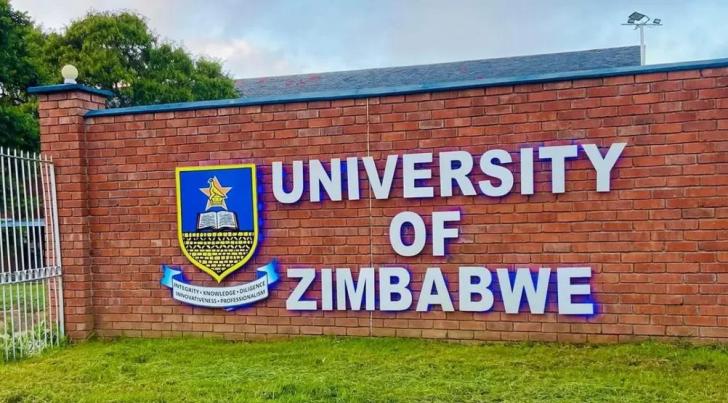News / Local
UZ to replace striking lecturers
19 May 2025 at 13:33hrs |
1 Views

The University of Zimbabwe (UZ) is moving to hire external experts to replace striking lecturers in a desperate bid to restore normalcy after a two-month-long industrial action that has crippled academic operations at the country's oldest university.
Lecturers at the institution have been on indefinite strike demanding a minimum salary of US$500 per month. Currently, they are earning around US$230 in hard currency, supplemented by a Zimbabwe Gold (ZiG) component equivalent to about US$200, bringing their total remuneration to approximately US$430 - still below their target.
In a circular dispatched to all faculty deans, the university administration requested detailed reports on the status of teaching and learning within their departments. The circular called for updates on individual lecturers' availability, a list of modules not being delivered due to the strike, and recommendations of suitable external candidates who could be hired as adjunct lecturers to step in temporarily.
This move marks a significant escalation by the UZ management, reflecting growing concern over the impact of the strike on the academic calendar and students' progress. It also suggests the administration has not reached a resolution with the striking staff, despite the passage of several weeks and mounting pressure from students and parents.
Efforts to end the strike have so far failed, with lecturers accusing the government and university authorities of failing to honour previous salary commitments and ignoring the rising cost of living. They argue that current earnings are insufficient to sustain a basic standard of living, especially amid inflation and currency instability.
The decision to consider hiring outsiders may deepen tensions between the university and its academic staff, many of whom view it as an attempt to undermine their collective bargaining efforts. However, university officials appear determined to avert a complete collapse of the academic calendar, particularly for final-year students facing delayed graduations.
It remains unclear how quickly the university will be able to identify and recruit qualified adjunct staff and whether this strategy will succeed in filling the widening gaps in classroom instruction. Meanwhile, negotiations between the university, government, and academic unions remain deadlocked, with no immediate resolution in sight.
Lecturers at the institution have been on indefinite strike demanding a minimum salary of US$500 per month. Currently, they are earning around US$230 in hard currency, supplemented by a Zimbabwe Gold (ZiG) component equivalent to about US$200, bringing their total remuneration to approximately US$430 - still below their target.
In a circular dispatched to all faculty deans, the university administration requested detailed reports on the status of teaching and learning within their departments. The circular called for updates on individual lecturers' availability, a list of modules not being delivered due to the strike, and recommendations of suitable external candidates who could be hired as adjunct lecturers to step in temporarily.
Efforts to end the strike have so far failed, with lecturers accusing the government and university authorities of failing to honour previous salary commitments and ignoring the rising cost of living. They argue that current earnings are insufficient to sustain a basic standard of living, especially amid inflation and currency instability.
The decision to consider hiring outsiders may deepen tensions between the university and its academic staff, many of whom view it as an attempt to undermine their collective bargaining efforts. However, university officials appear determined to avert a complete collapse of the academic calendar, particularly for final-year students facing delayed graduations.
It remains unclear how quickly the university will be able to identify and recruit qualified adjunct staff and whether this strategy will succeed in filling the widening gaps in classroom instruction. Meanwhile, negotiations between the university, government, and academic unions remain deadlocked, with no immediate resolution in sight.
Source - newsday
Join the discussion
Loading comments…








































